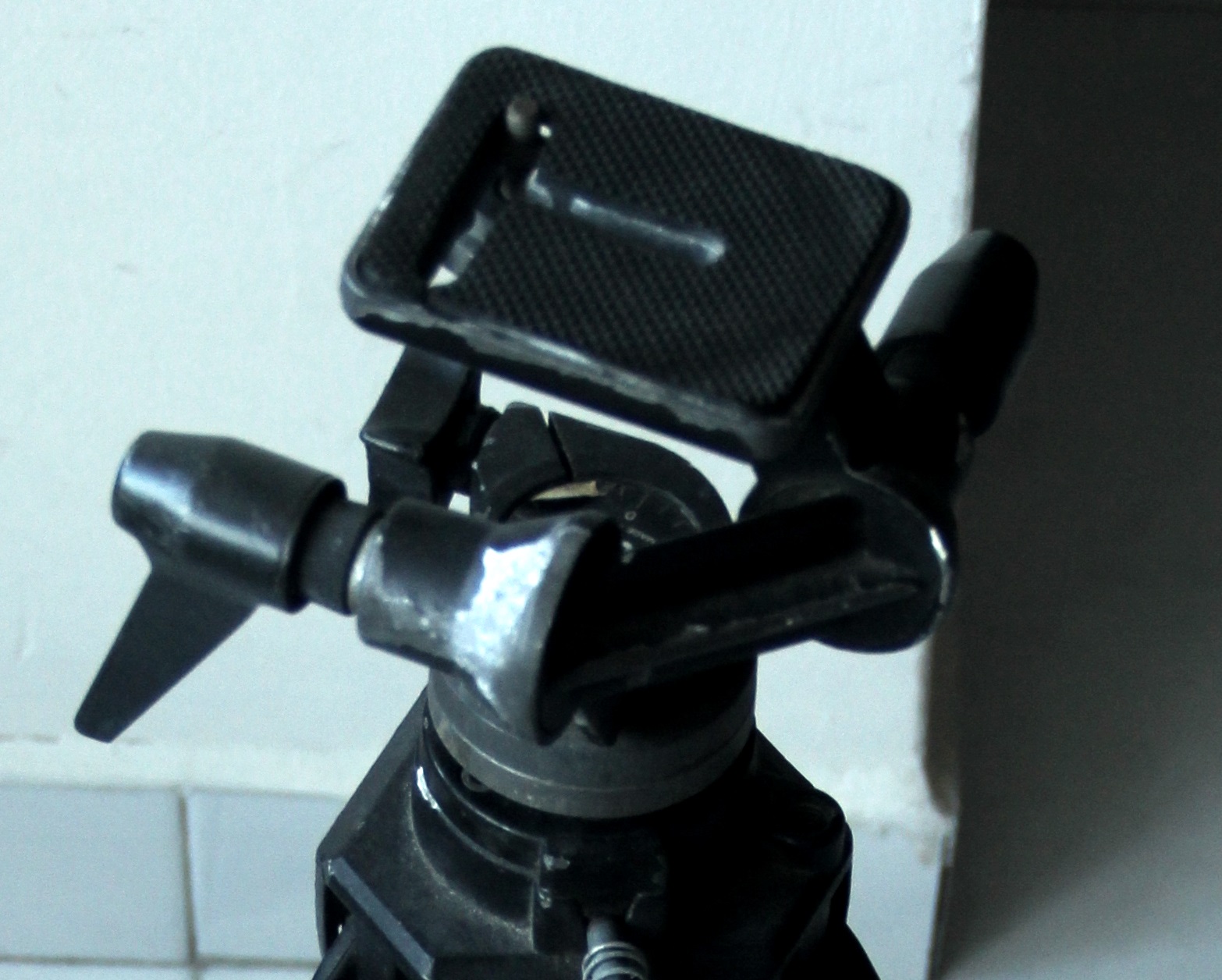

With all the joys of NCC, army couldn’t be that much worse – just more the same vulgarities, pushups and nonsense which I was all too used to. All I needed to do was work hard, have fun and (hopefully) get in OCS. Or so as I thought.
Physically, BMT wasn’t very demanding for me because I prepared ahead. All the PT, SOC and outfield wasn’t exactly tough. It was only the food and sleep deprivation that was a constant pain – partly because the cookhouse usually doesn’t serve enough and the training programme is packed back to back. I remember losing like 10kg in muscle and then putting on about 7kg in fat. I wonder how the propaganda video can even declare the food good?
However, I made quite some mistakes here which I shouldn’t have done.
Sticking out too early. Unlike NCC, where the nail which sticks out gets pulled higher, here the nail which sticks out gets hammered down.
The second was about safety. SAF is very safety conscious because they are awfully scared of people dropping dead or being killed in accidents, and perhaps overly so. And I discovered that a lot of things that I do are actually quite dangerous, apparently. Stuff like doing chin-ups without putting down the black sling bag that I was carrying.
But then and again, I really love some things like the community spirit in BMT. Yes, there may be some politics here and there, but by and large everyone more or less cooperates with each other.
